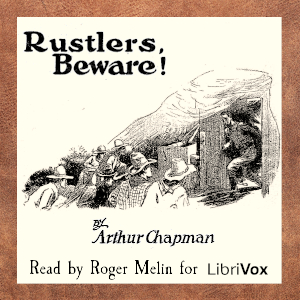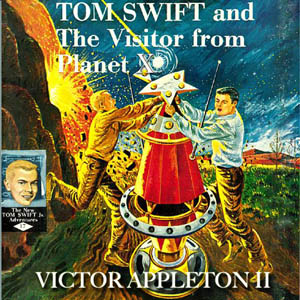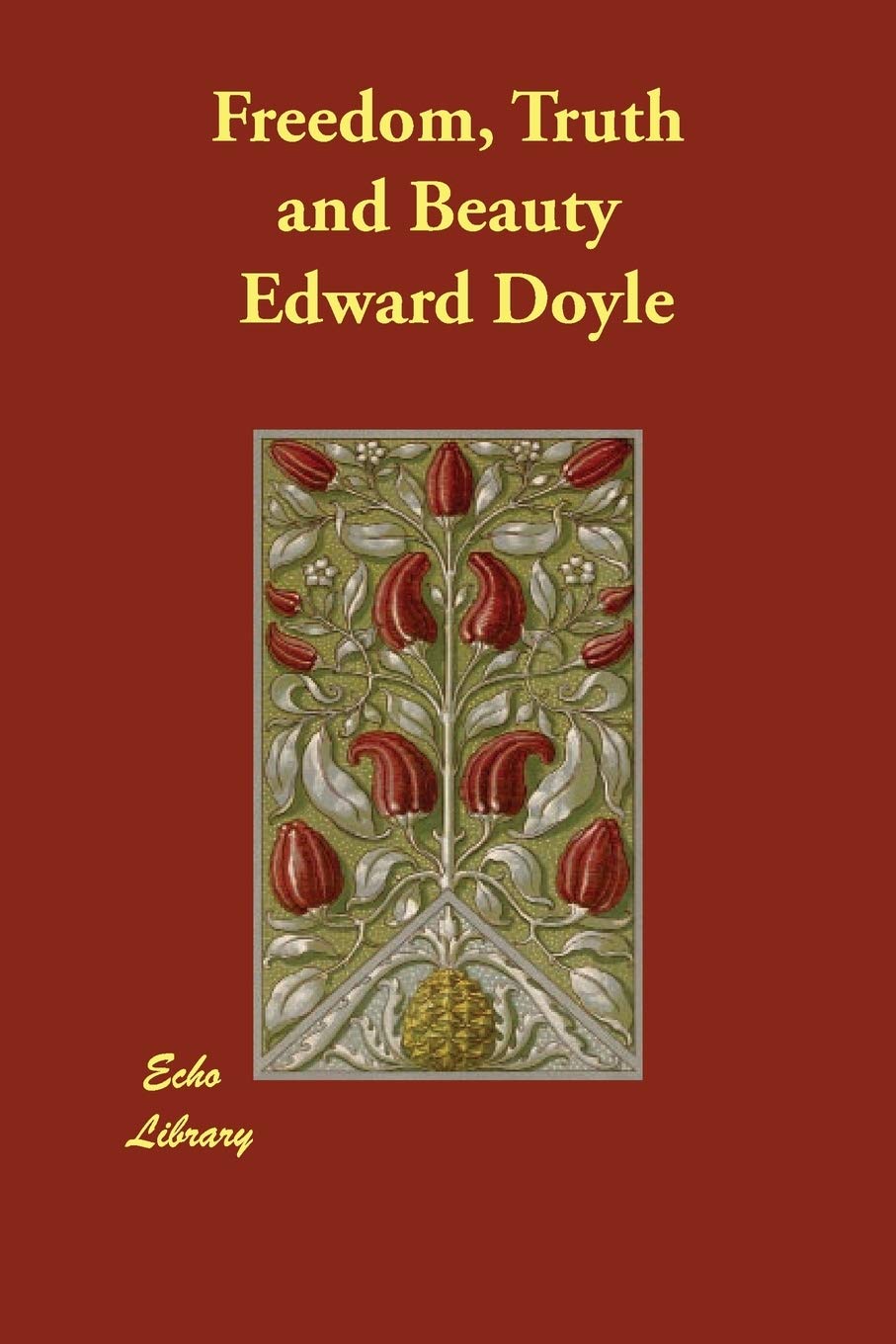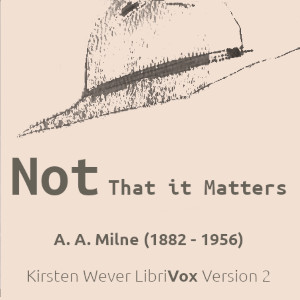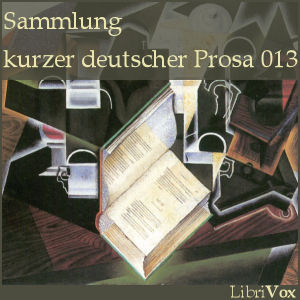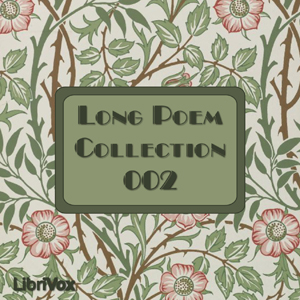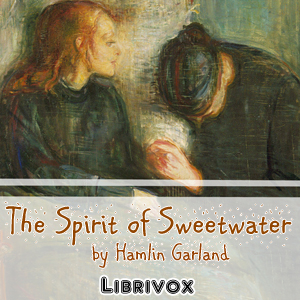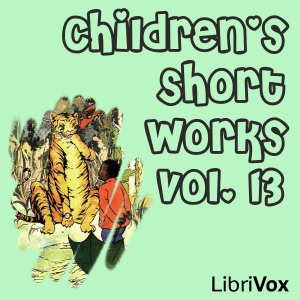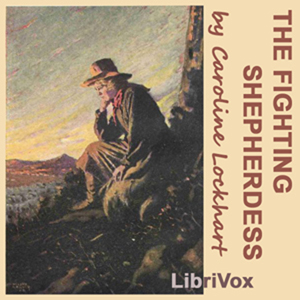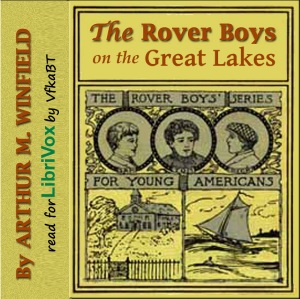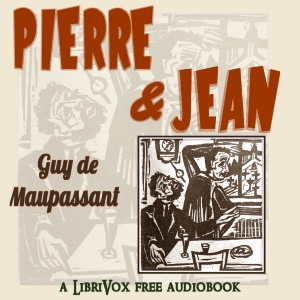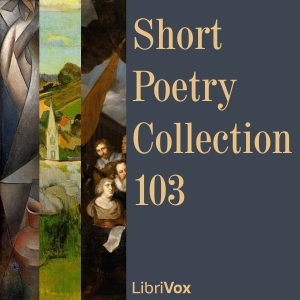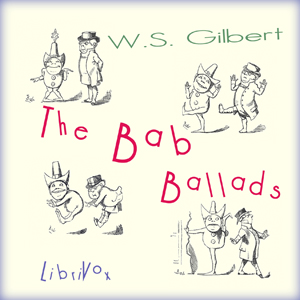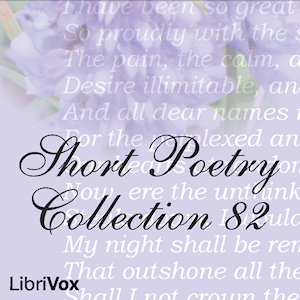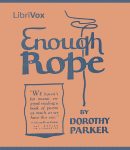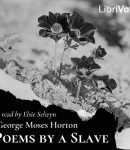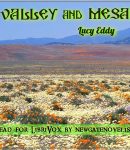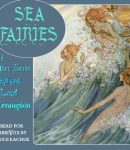
Selection from the Sonnets of William Wordsworth
This is a very impressive collection of some of the best sonnets from the pen of the incomparable William Wordsworth. The appreciation that Wordsworth had for the beauty of his surroundings is vibrantly exhibited in these selections, as are his feelings on love, friendship, society, conflict, history, the supernatural and indeed the art of poetry itself. And what better vehicle for the elegant articulation of a master poet’s thoughts and inspirations than the sonnet, an art form ideally suited to assertion, verbalization and contemplation. In these sonnets, we witness Wordsworth’s poetic expertise at its best in superb descriptions of nature’s splendor which he astutely juxtaposes with his reflections on a world that is “too much with us,” a world in which, “man for brother man has ceased to feel.” The sanctuary that Wordsworth found and which forms the basis for the inspiration displayed in many of these sonnets was the magnificent Lake District of England, which he depicted as, “At happy distance from Earth’s groaning field, / Where ruthless mortals wage incessant wars.” Such a sanctuary the poet would have wished for us all, and indeed provided the means for at least our vicarious enjoyment in the form of these enduring and timeless works of art. – Summary by Bruce Kachuk [chương_files]


